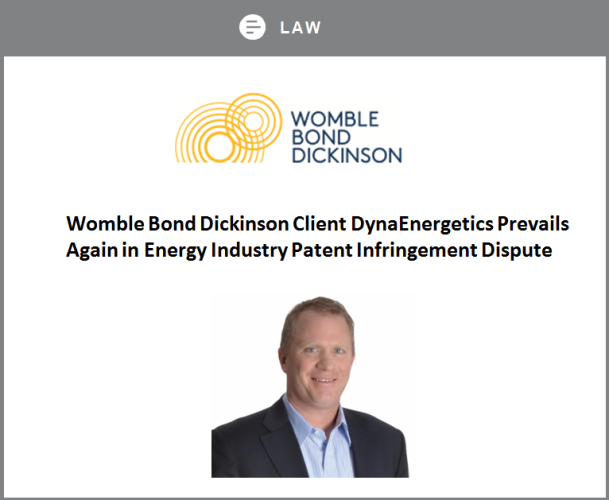
Cara McLeod
Eye Movement Desensitization and Reprocessing (EMDR) is a psychotherapy technique designed to help people heal from the emotional distress caused by negative life experiences. Therapists at Enterhealth, a science-based drug and alcohol treatment center in Dallas, are finding tremendous success in promoting sustained recovery by using EMDR to free patients from the distress caused by traumatic memories. EMDR therapy allows them to reprocess trauma they have experienced to resolve the emotional disturbance. When a person is very upset, the brain does not process information normally. This means that remembering a traumatic event, no matter how long ago it happened, can feel as upsetting as when the event occurred. This distressing experience can overwhelm the brain’s natural ability to cope with emotional stress, which often leads the person to adopt harmful coping strategies (including isolating behavior or self-medicating with drugs or alcohol).
“When treating someone for addiction to drugs or alcohol, EMDR helps to reprocess traumatic information so the memory no longer triggers pain or distress and is no longer an underlying cause of substance abuse,” said Cara McLeod, Enterhealth therapist. “EMDR therapy allows patients to access and reprocess these events to change the way the memory affects them both emotionally and physiologically. EMDR uses eye movements to directly affect the way the brain processes information and commits it to memory. This allows the patient to become desensitized to the negative emotions associated with a traumatic event and reprocess those memories into something more positive.”
EMDR has helped an estimated two million people of all ages by relieving the symptoms of many types of psychological distress. Studies have shown that EMDR is an effective treatment for addiction, loss of a loved one, post-traumatic stress disorder, overwhelming fears, childhood trauma or abuse, physical or sexual abuse, eating disorders, dissociative disorders, body dysmorphic disorder, low self-esteem and relationship problems.
During a session, the patient calls to mind the disturbing memory, including the sensations such as what was felt, heard, thought, etc., as well as the negative belief they currently hold about the event. The therapist then facilitates bilateral or side-to-side movement of the eyes or other dual-attention stimulation of the brain while the patient focuses on the memory. At this point, the therapist guides patients to help them formulate and focus on positive beliefs about the memory and themselves while continuing the bilateral eye movements. The goal is to set up a learning state for patients to replace negative thoughts from the event with positive beliefs. When this is achieved, the traumatic memory no longer distresses the patient or controls their behavior. During an EMDR session, the patient may experience intense emotions, but by the end of the session, most patients report a significantly reduced level of disturbance.
Following a successful EMDR session, the brain returns to normal processing and the patient no longer feels like they are reliving the event when it is brought to mind. The patient still remembers what happened, but the memory is less disconcerting. While many types of therapy have similar goals, EMDR appears to do this by closely mimicking what happens naturally during sleep when the brain enters Rapid Eye Movement (REM) sleep.
“The Enterhealth Outpatient Center of Excellence provides a science-based, holistic approach to the treatment of addiction,” said David M. Kniffen, Jr., president and CEO of Enterhealth. “To achieve lasting recovery, all underlying causes of the addiction must be treated, including trauma. If trauma goes untreated, the reason behind one’s addiction persists and true recovery remains out of reach. This is why EMDR therapy is an extremely effective form of treatment for patients suffering from drug or alcohol addiction and why it is so often a part of Enterhealth’s comprehensive treatment plans.”









